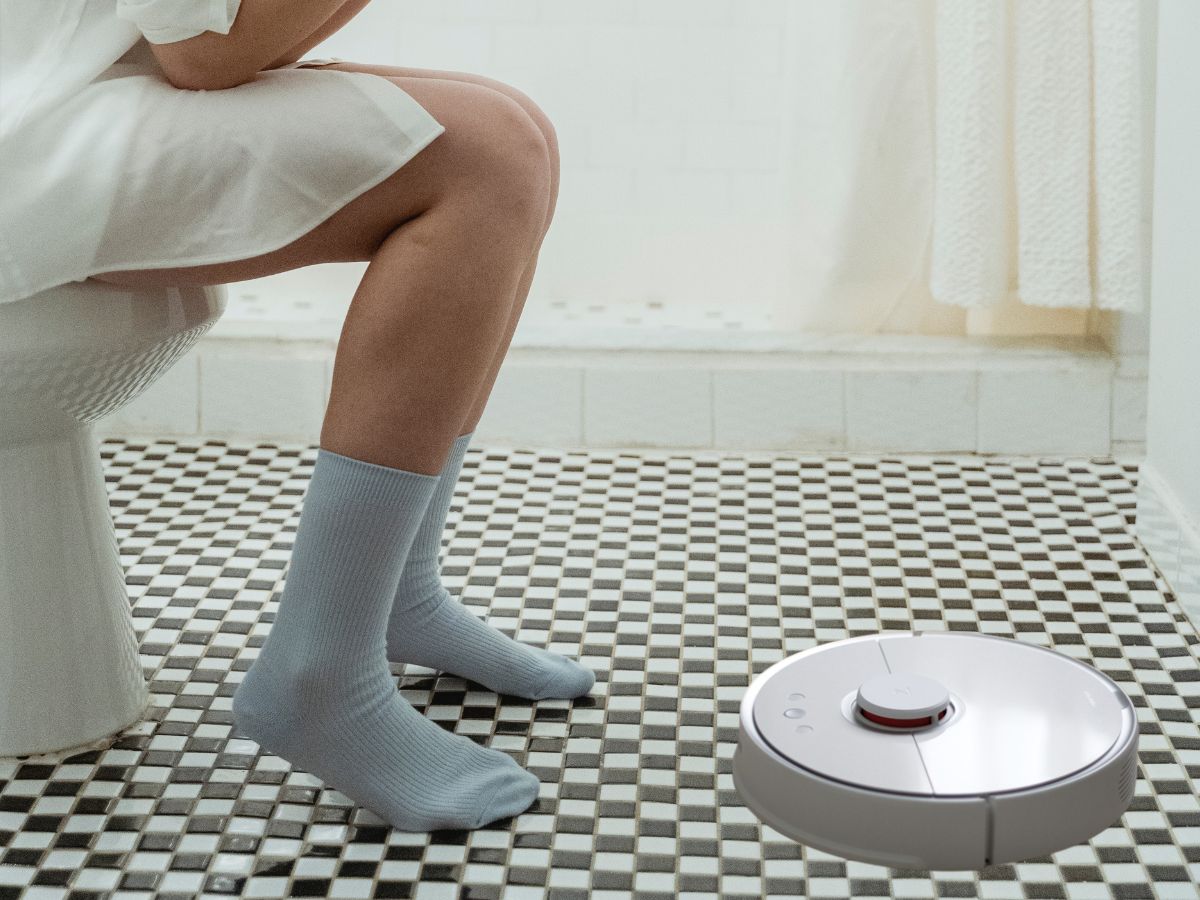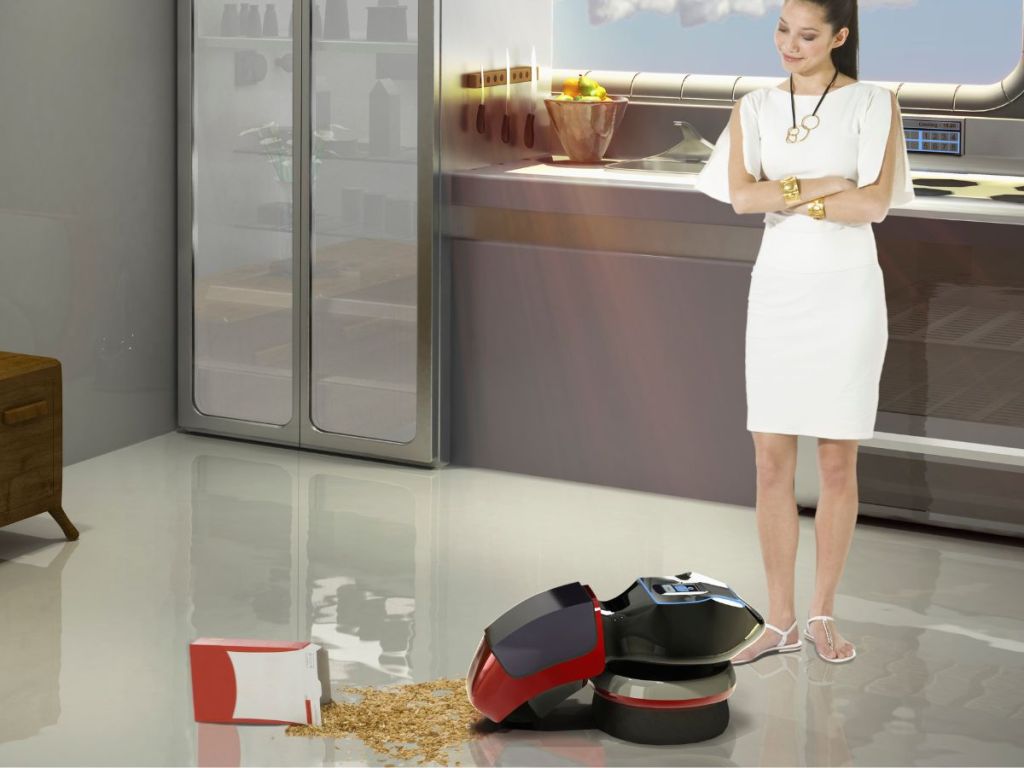Picture this — you’re chilling at home, vibing to your favourite tunes, when suddenly, a robot vacuum zooms by, cleaning up the place without you lifting a finger. Pretty rad, right? Not so fast. Apparently, AI and autonomous gadgets are stripping out the meaning we get from doing manual labour. This is according to a new study published in the Journal of Marketing by the University of St. Gallen and Columbia Business School.
The study makes the claim that how we feel about manual labour plays a major role in whether we buy or reject autonomous products. The study was authored by Emanuel de Bellis, Gita Venkataramani Johar, and Nicola Poletti. The researchers make the case that manual labour is an important source of meaning in life. Marketers therefore need to think of more complex ways to advertise these products to consumers.
As co-author Emanuel de Bellis explains, “Our studies show that ‘meaning of manual labour’ causes consumers to reject autonomous products. For example, these consumers have a more negative attitude toward autonomous products and are also more prone to believe in the disadvantages of autonomous products relative to their advantages.”
AI and meaning of life
While we hate actually doing the mundane chores around the house, as it turns out, the satisfaction we feel from getting the job done is great for our well-being, according to the study. And it is the fear of this loss of satisfaction that stops us from purchasing those self-operating and AI gizmos that free us from the mundane tasks we’d rather avoid.
Everyday tasks, like cleaning the shower (ew) or mowing the lawn (ugh) may not make us deliriously happy. But they do bring a sense of purpose and fulfilment to our existence. In other words, they add a little something to our journey.

Marketers now have to work out a new plan to repackage the advertising around these autonomous chore-doing bots. The researchers behind this study suggest that companies should emphasise alternative sources of meaning. More or less, they need to hammer home the message that freed-up time can be used to pursue passions, connect with family and friends, or dive headfirst into hobbies.
Co-author Gita Venkataramani Johar said, “We suggest that companies highlight so-called alternative sources of meaning in life, which should reduce consumers’ need to derive meaning specifically from manual tasks. Highlighting other sources of meaning, such as through family or hobbies, at the time of the adoption decision should counteract the negative effect on autonomous product adoption.”
Companies marketing differently
Already, some manufacturers of robotic appliances are applying this theory to their marketing. iRobot, manufacturer of the Roomba robotic vacuum cleaner, claims the product saves its owners a whopping 110 hours of cleaning a year. But in their ad campaign, they also emphasise the magic words: more family time and to make time for what matters most. In fact, the following advertisement hardly shows the robot vacuum at all.
Apparently, according to the ad, it’s not just about the clean floors, it’s about the meaningful experiences you can create with that extra time.
In another example, home appliance company Vorwerk promotes its iconic Thermomix by saying using it can create more memory bombs with all of the freed up time.
MML and purchasing decisions
The researchers introduced a concept called the meaning of manual labour (MML). It’s a way of saying how much value we attach to manual tasks. Your MML level can predict whether you’ll embrace or resist autonomous products.
Your MML can be assessed by checking out your behaviours. Do you prefer doing the dishes by hand? Are you into manual cars? What kind of activities float your boat? Woodworking, cooking, painting, fishing — these could be clues that you’re all about that manual labour life.
Co-author Nicola Poletti says, “Consumers with a high MML tend to resist the delegation of manual tasks to autonomous products, irrespective of whether these tasks are central to one’s identity or not. Marketers can start by segmenting consumers into high and low MML consumers.”
In a nutshell, autonomous products like robot vacuums might save us time and energy, but they may also suck away the meaning we find in manual labour.
Makes you feel better about cleaning that mouldy laundry room yourself, right?





